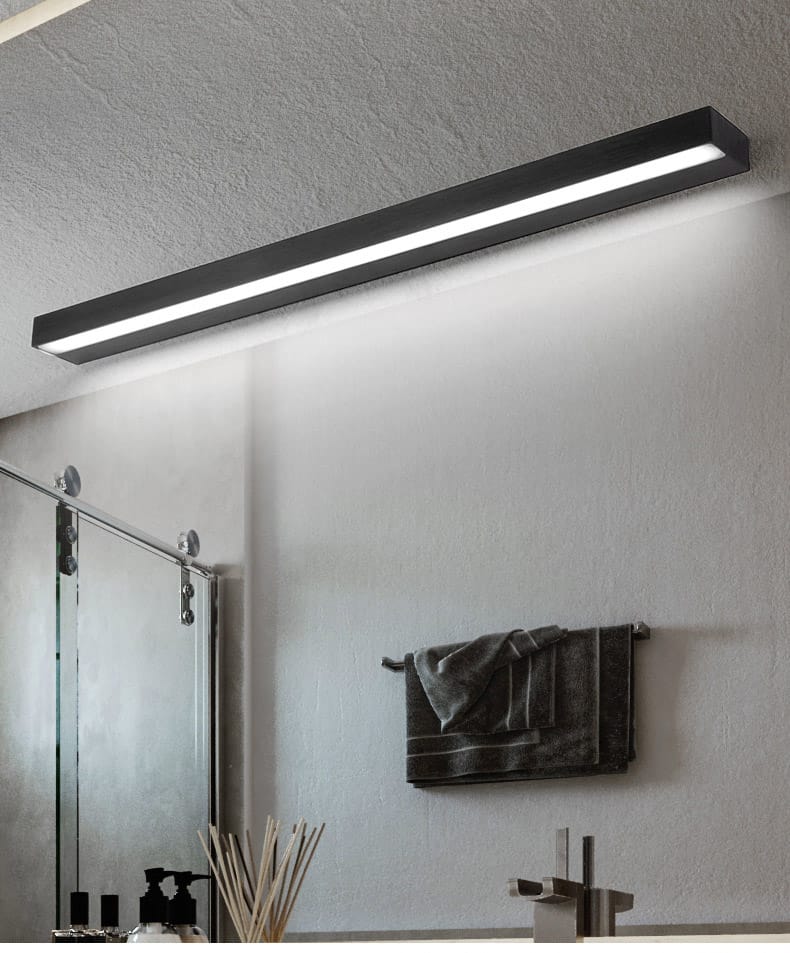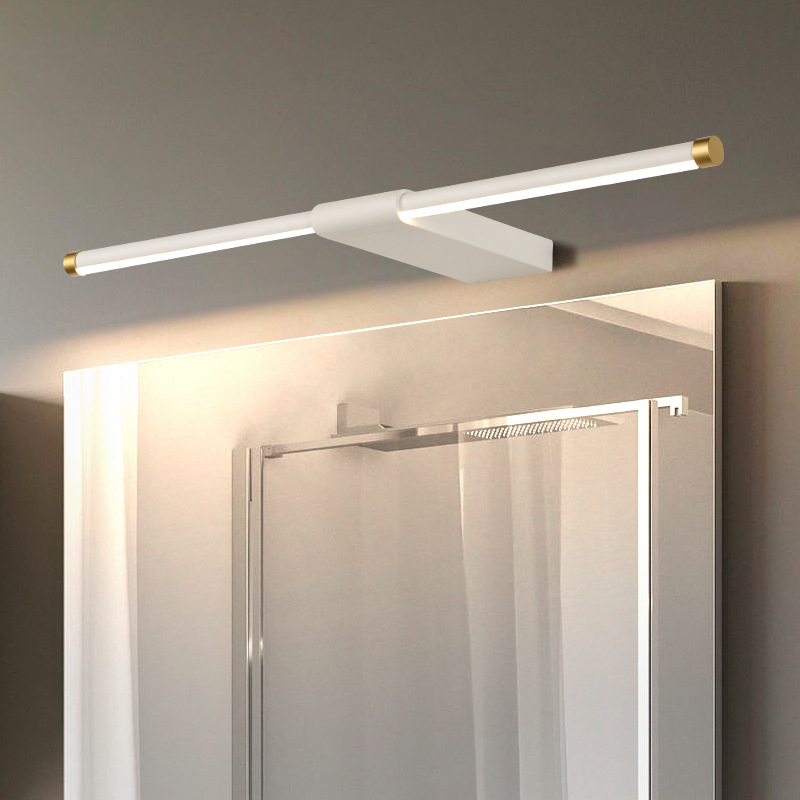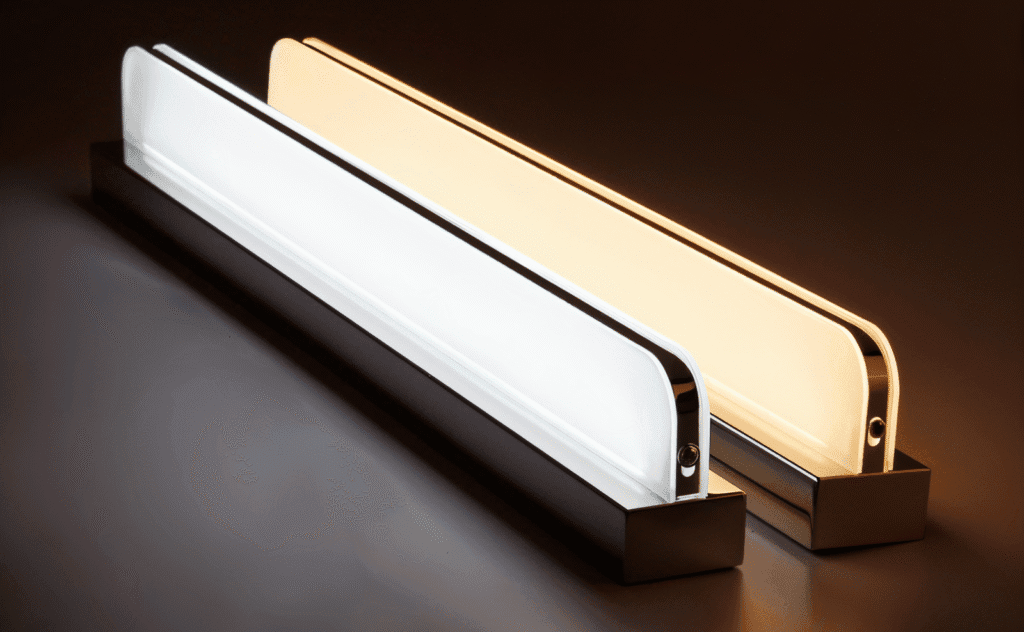When designing or upgrading a bathroom, lighting plays a more important role than many people realize. Beyond simply brightening up the space, the color temperature of your lights—whether warm or cool—can influence the atmosphere, functionality, and even how you see yourself in the mirror.
What Is Warm vs. Cool Light?
- Warm Light (2700K–3000K): Emits a soft yellowish glow, similar to traditional incandescent bulbs. It creates a cozy, relaxing, and spa-like ambiance.
- Cool Light (4000K–5000K): Produces a crisp white to bluish tone. It feels brighter and is often associated with daylight, making it ideal for detailed tasks.

Choosing the Right Light for Your Bathroom
1. For Daily Grooming and Makeup
Cool or neutral white light (around 4000K) is the best choice near your vanity mirror. It mimics natural daylight, helping you apply makeup, shave, or style your hair more accurately.
2. For Relaxation and Ambiance
If you enjoy long baths or want to turn your bathroom into a spa retreat, warm light is better. Its soothing glow helps you unwind and adds a touch of luxury.
3. Blending Both for Flexibility
Many modern bathrooms use layered lighting:
- Warm light for overhead or wall sconces to create a relaxing mood.
- Cool light around the mirror for practical grooming needs.
- Dimmable fixtures or smart lighting to switch between moods depending on the time of day.

Practical Tips
- Match with Décor: Warm lighting pairs well with earthy tones, gold, and wood finishes, while cool lighting complements modern, white, or chrome bathrooms.
- Think About Size: Small bathrooms benefit from cool white light to make the space feel larger and brighter.
- Use LEDs: Energy-efficient LED fixtures often allow you to select your preferred color temperature—or even adjust between warm and cool.
Final Suggestion
There is no single “right” choice between warm or cool bathroom light. Instead, consider how you use your bathroom most often. For practical tasks, lean toward cool or neutral white. For relaxation, warm lighting creates comfort. Ideally, a combination of both—adjustable through dimmers or smart controls—gives you the best of both worlds.


